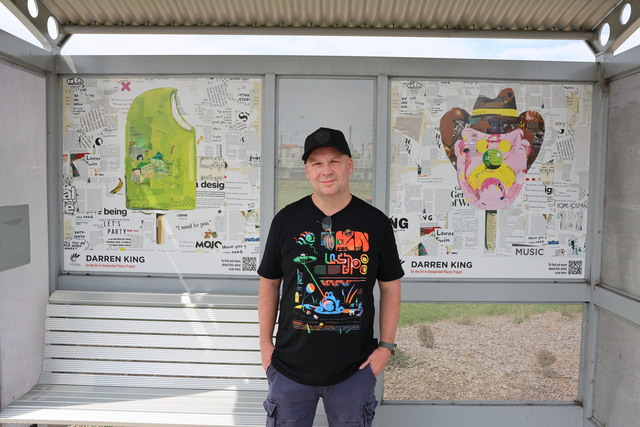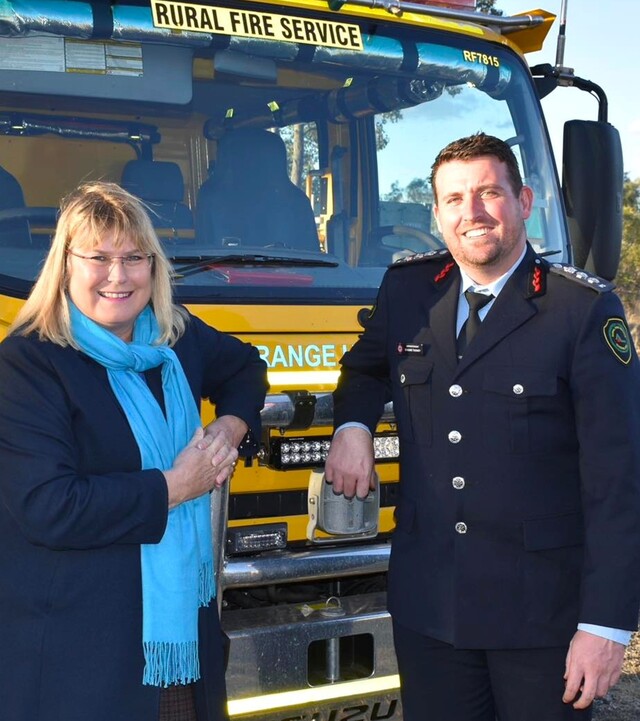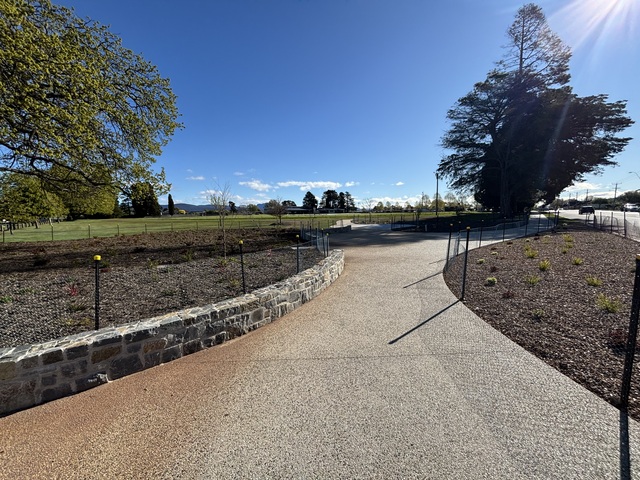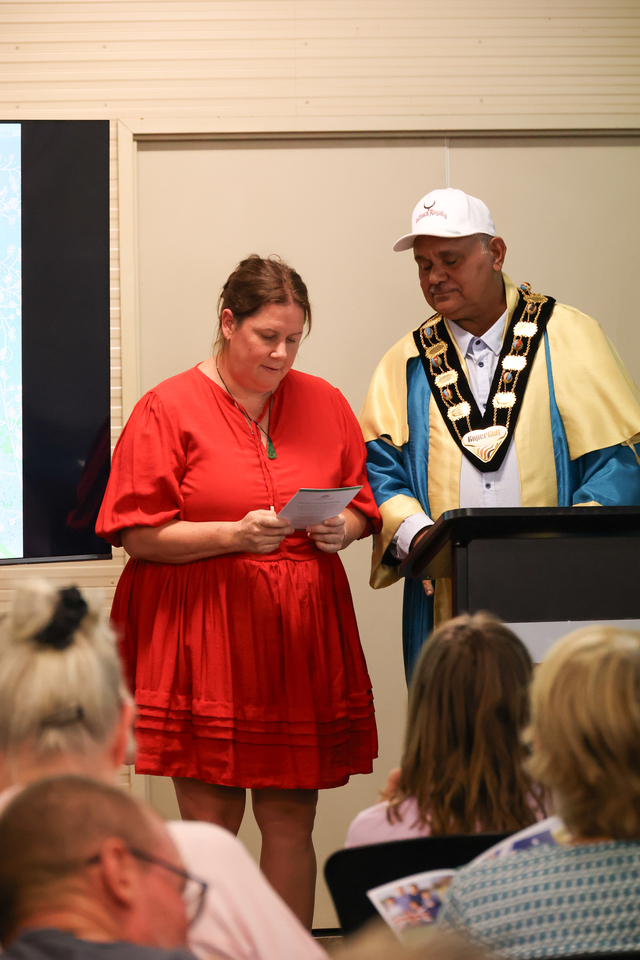President’s comment
In each edition we feature the views of a Local Government Association president. The following is from Alderman Kerry Moir, President of the Local Government Association of the Northern Territory.
A major issue facing Local Governments in the Northern Territory at present is to do with the leasing of land. For Municipal councils there are large numbers of leases in the major towns of the Northern Territory set aside as urban Aboriginal living areas. The ability of Local Governments to provide services within these leasehold areas has generally been restricted, due somewhat to their status as single allotments and Local Government not having land tenure.
This could change in the future, with plans afoot for the leases to be broken up into individual allotments and land tenure becoming ‘normalised’. Impacts here that councils will be watching closely are those to do with the inheritance of infrastructure and the degree to which both the Australian and Territory Governments can assist in ensuring that such infrastructure is up to standard and capable of being financed before it is given over to Local Government.
Most of our Shire councils maintain services and facilities on Aboriginal land, land that is held under Federal legislation, the Aboriginal Land Rights (Northern Territory) Act 1976 (‘the Act’). This arrangement has existed since the legislation came into effect, with councils generally operating without any form of secure title over the land on which they look after assets or manage works and services.
The same situation has existed for the Northern Territory Government with its police stations, health clinics and schools. Leasing of land was always possible under Section 19 of the Act but never seriously pursued by all parties, probably for political, resource and other reasons.
In 2006 a new section (19A) was enacted in the Act which allows for longterm ‘whole of township’ leases administered by an Australian Government entity, the Office of Township Leasing.
Furthermore, as part of the Australian Government’s Northern Territory emergency response, five year township leases were enacted under the Northern Territory National Emergency Response Act 2007 (NTNER), which among other things acts as an interim arrangement to the development of longer term leases under the Act.
The rationale for all leases was in part to provide security of tenure and to protect investments for governments having operations or assets in towns on Aboriginal land, and in so doing lead to improved service delivery.
This security is to be provided in the form of subleases approved by the above entity in this first five years for all spheres of government and others wanting to lease land.
For the Shire councils the terms and conditions of the five year subleases have yet to be fully developed, including what rents are to be paid, and whether they are to be paid for facilities like roads and garbage dumps.
The challenge for Shire councils is that while they obviously support the notion of subleases, they are wary of impacts to do with compliance, cost, revenue raising capacity and service delivery. Some councils are even questioning now whether they should take up leases or get out of leases for fear of the cost burden, the uncertainty over the period of leases and, sometimes, which sphere of government has responsibility.
Township airports are a case in point. The Australian Government holds the lease, the Territory Government has the money for maintenance and capital improvement and it contracts Local Government for the maintenance.
So which government has responsibility? If Local Government accepts a sublease, will there be a cost shift by default?
The nature of decisions to do with leases in the future will be crucial for both Municipal and Shire councils in the Northern Territory. Sometimes the most difficult aspects are getting the other spheres of government to understand Local Government’s operating environment.
It is not intransigence on Local Government’s part for not wanting to take on extra responsibility; it is more to do with having the sustainable financial resources to do it.







